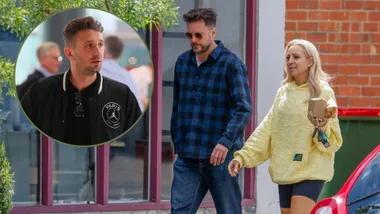Exclusive extract from Once upon a day (Allen & Unwin) by Lisa Tucker, the Great Read in the June issue of The Australian Women’s Weekly.
Stephen Spaulding was very happy, and you can’t say that about most people. He hadn’t sought happiness, but he recognized it. This was his gift: to know what he had.
When it was gone, of course he knew that too. He changed from a man who could smile at strangers first thing in the morning to a man who wouldn’t look anybody in the eye. He’d lost his family in a freak accident, and the rest he let go of as easily as opening his hand and releasing a string of balloons. Good-bye to the family practice he had just started with two friends from his residency. Good-bye to the Victorian house he and Ellen had gone deeply into debt to buy when she had got pregnant during his internship. Good-bye to the cradle and the tricycle and the pink and purple party dress Lizzie had never had a chance to wear.
More than a year later, he still hadn’t adjusted to the way time itself had been altered. Before there was never enough time, and the list of things he and Ellen had gotten around to doing was one of many things that still to tortured him. The untaken trip to Paris bothered him less than the movies they’d talked about renting. Why hadn’t they watched them? Ellen’s entire list could be watched in a weekend. He knew this because he had done it, several times. He watched the movies his wife had wanted him to, and thought about what she would say if she was there. This was back in the early months, when he was trying to give her gifts, as though she could come back if only he worked harder to make her want this life.
After the accident, there was too much time. Each day stretched before him like a flat Kansas highway, the only landmarks the meals he forced himself to choke down, the few chores he performed, and the occasional walks he took, rarely noticing anything or anyone on his path. He finally bought the old green and white Checker cab not because he needed the income — his compensation from the city would support him forever, especially since he had no desires, nothing he wanted now — but because he could drive it as little or as much as he likes, sixteen hours a day, more if his insomnia was bad.
He wouldn’t have sued, but the city gave him an enormous sum anyway. The newspaper headline called it a “regrettable tragedy.” It was a Sunday in late July; the police were chasing a teenager who had stolen a rusted-out ’84 Toyota from a neighbor’s driveway. The car was worth less than five hundred dollars, but the patrol car that slammed into his family at the intersection had been going over eighty miles an hour. He was driving; Lizzie was in her booster seat in the back, behind Ellen. The teenage thief turned himself in when he heard what had happened. The policeman who had been driving took early retirement.
And Stephen, the barely thirty-year-old family practice doc, became a cabbie. What difference did it make? His knowledge of how to heal bodies had done nothing for him anyway. His wife and four-year-old daughter had still died right in front of his eyes.
Now he was learning the quickest way to the airport from any street in St Louis. How to slide around a bus, and when to change lanes so his customer would feel they were making progress. What times restaurants and bars closed, and which of his regulars would be likely to drink one too many and need a ride on a Saturday night.
People often mentioned what a safe driver he was. The safest cab driver they’d ridden with. He nodded, but he didn’t respond. He never drove without the radio playing. Talk show, pop music, news channel, it didn’t matter. The radio was his excuse not to talk.
The only time he would answer was when a customer asked about the amusement park tickets. They didn’t ask often, even though he’d had the tickets laminated and kept them displayed above the visor, right next to his licence. Stephen wasn’t surprised. He knew most people aren’t interested in their cab drivers.
He wasn’t surprised; still, he longed for the question. He longed for another opportunity to tell the whole story of that perfect July day at the amusement park: riding the water slides and the Ferris wheel and the child’s roller coaster; eating hot dogs and ice cream — mint chocolate chip, Ellen’s favourite, trying to win a giant stuffed panda bear, and when he couldn’t make the ring toss (a set—up, he was sure), buying the bear for his daughter anyway.
Every time he told the story, he added a few more details. As the months went by, the story often filled the entire drive; sometimes he would still be talking while the customer was trying to hand him money and get away.
He knew he was going too far, but he couldn’t help himself. Back at his apartment whenever he tried to think of that day he drew a blank. It was only in the cab, talking to strangers, that he seemed to be able to bring it all back to life: the feel of the sun on the back of his hands and the bright drips of green falling off their cones onto the hot pavement and how awkward and adorable Lizzie looked that night, lugging the giant panda to their car.
He didn’t realize how he’d begun to live for these discussions until a rainy morning in April, when suddenly it came to an end.
He’d picked up a girl in the bus station downtown, One of the weirdos, though this one wasn’t pierced or tattooed or obviously strung out, but even more bizarre, naturally pale as made—up Goth, but dressed like a throwback to the fifties: long flared black skirt, fluffy pink sweater, even the white ankle socks and saddle oxford shoes. Her hair was in a think braid, twisted like some sort of kind of crown on top of her head, and she was sitting up so straight she looked uncomfortable, eyes unblinking, small white hands folded carefully in her lap. Stephen had already put her out of his mind when she mentioned the tickets about ten minutes into the ride. But before he could tell her about the slides or the food or even the perfect weather that day, she noticed what no one else had: that the tickets weren’t stubs.
“What happened?” she said. “Why didn’t you ever use those?”
He flushed with confusion that quickly turned to anger. It had taken him nearly a year to perfect the story of the amusement park — for chrissakes, couldn’t he even have this? He wasn’t asking for all the days and hours he would have had with Ellen and Lizzie, he was a asking for one more day, Stephen had been taking his family to the park when their car was broadsided. Lizzie had wanted to go all summer, and that day they had the tickets: they were really, finally going. All he had done in his story was change “were going” to “had gone.” A mere verb shift, and yet it changed everything.
And now this strange girl in the cab was forcing him to change it back.
Her voice was entirely innocent. She had no idea what she’d taken from him. But then again, he had no idea what she was about to give.
Newsletter conversion description. Get the latest in your inbox.












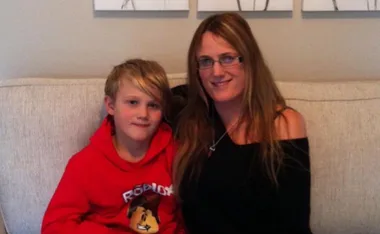



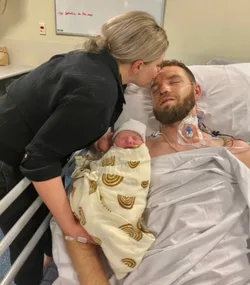

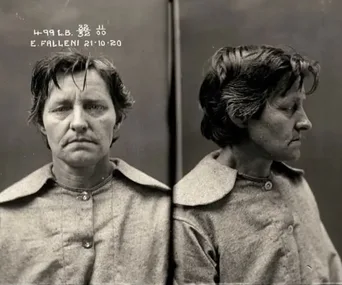
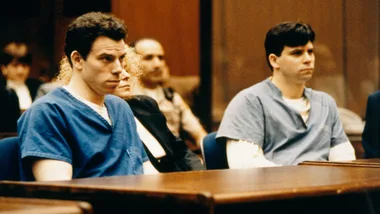

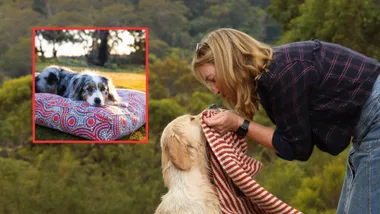
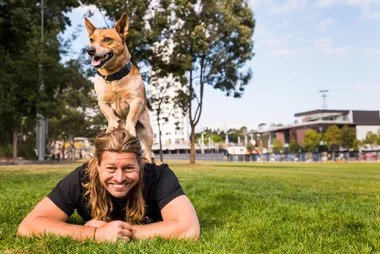











.png?resize=380%2C285)
.jpg?resize=380%2C285)
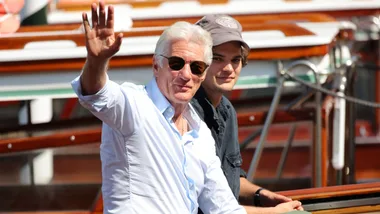
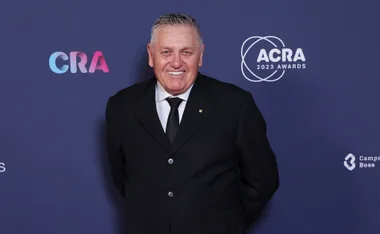

.png?resize=380%2C285)
